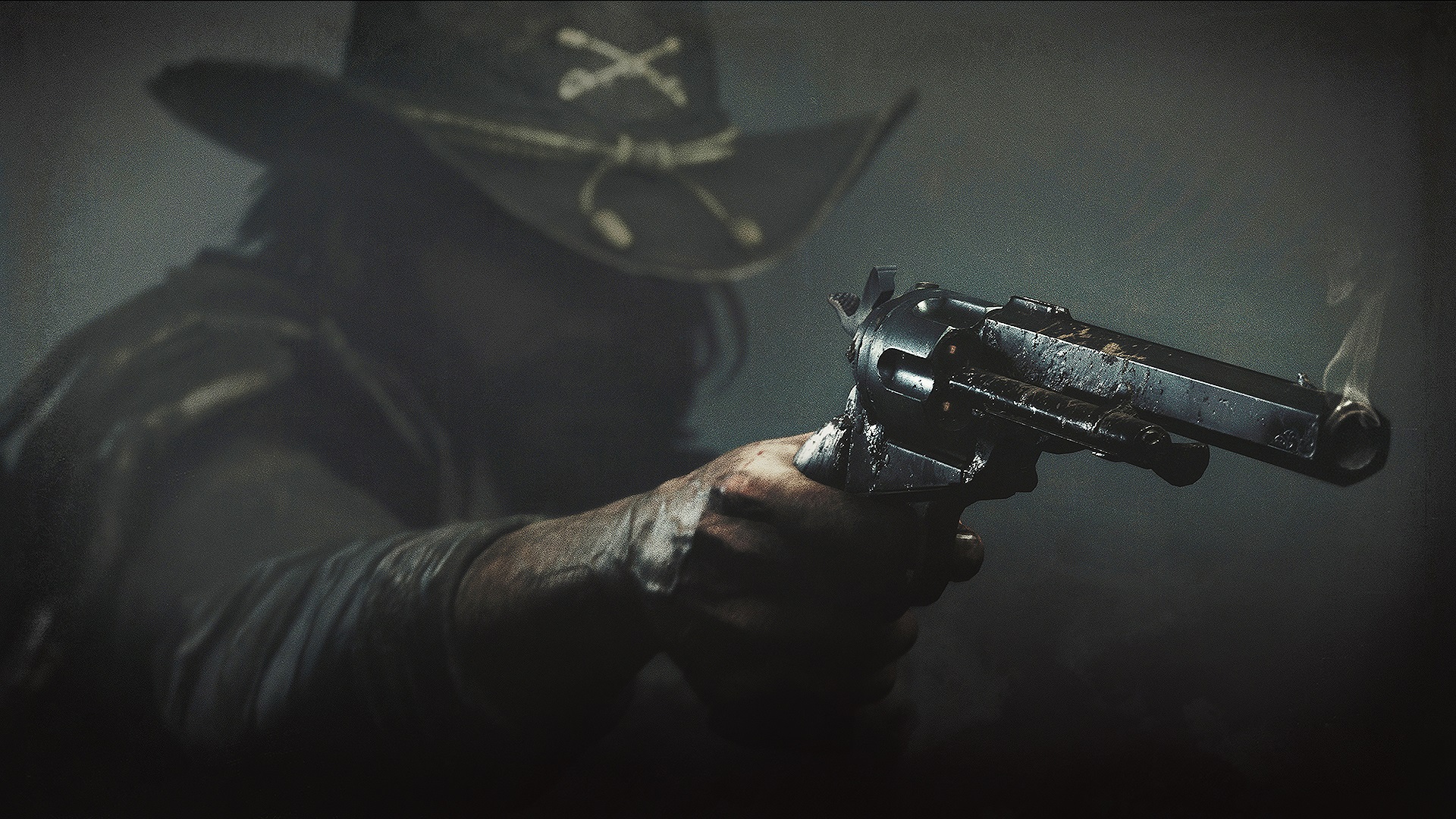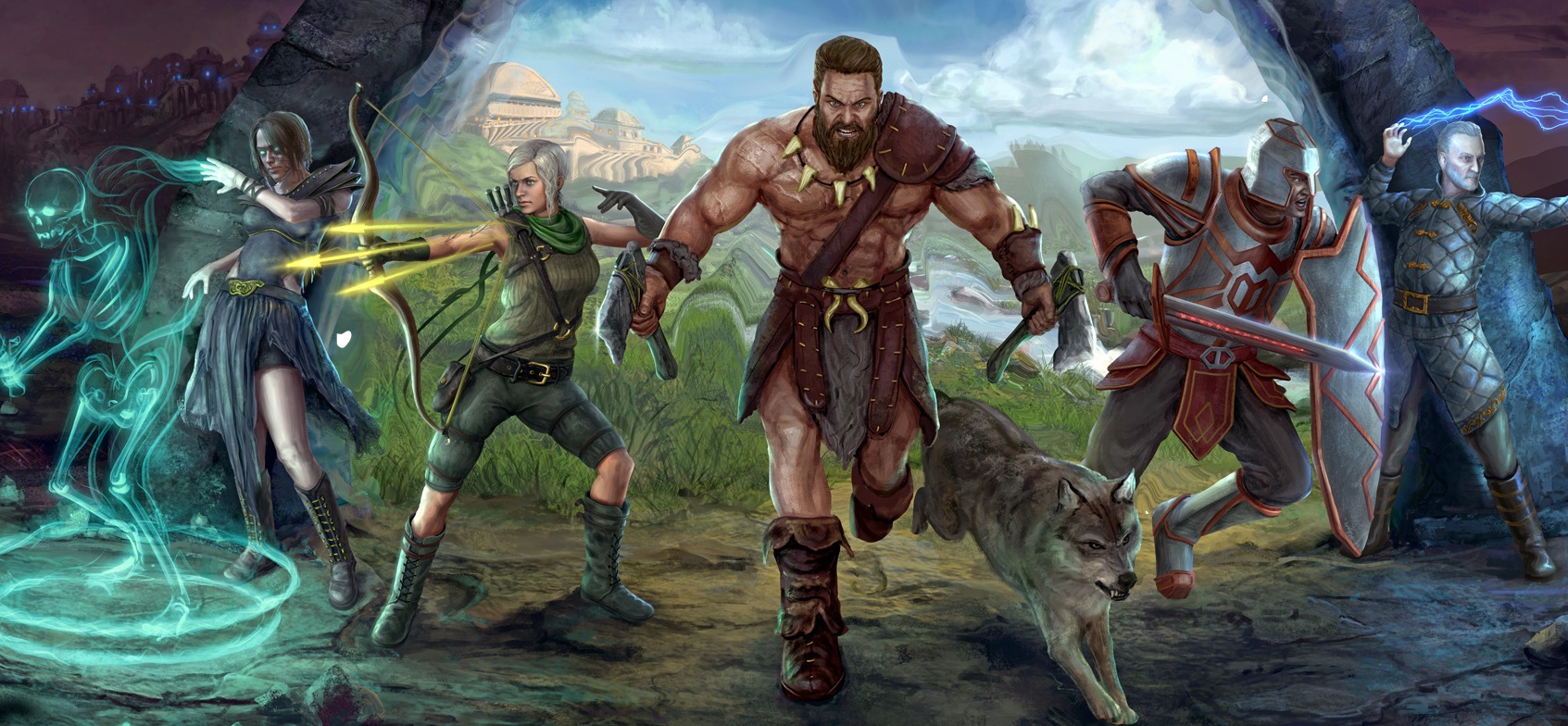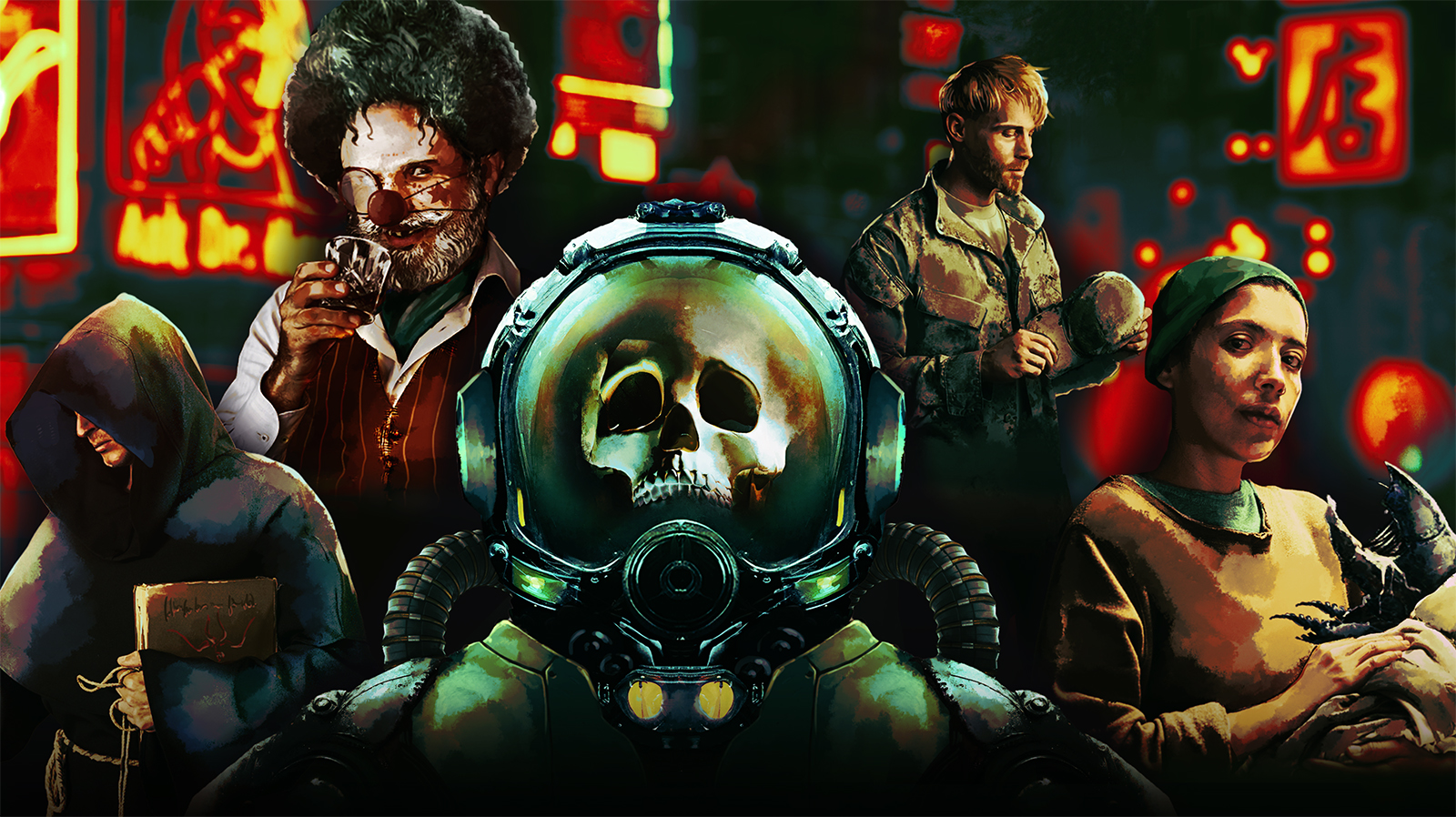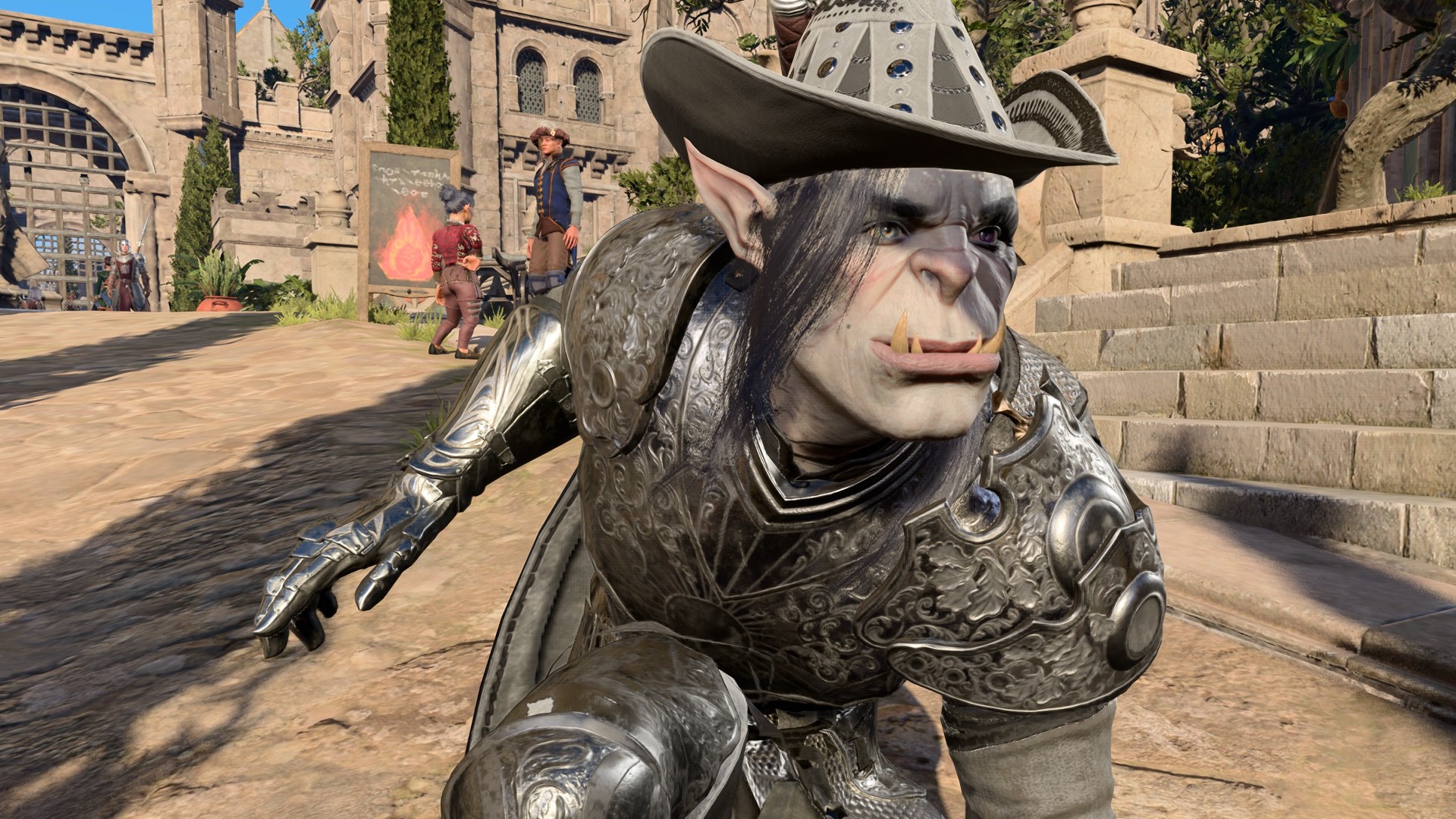Live service games are evolving. The major multiplayer shooters of the 2010s are starting to show their age in the 2020s, leaving their stewards to answer an interesting question: How do you move a service game into the future without disrupting its active player base, or starting completely fresh? In the cases of Overwatch 2 and Counter-Strike 2, Blizzard and Valve decided to make a spectacle of it, packaging revamped maps, reworked balance, and engine upgrades as official sequels that effectively overwrote the old games.
Hunt: Showdown, an unexpected hit in the burgeoning extraction shooter subgenre, is taking a different approach. Although it’s five years old now, there will be no “Hunt 2” anytime soon, according to Hunt general manager David Fifield, but Hunt will enter a new era of its own when it upgrades to the current version of CryEngine in 2024.
“That has been a conversation internally about when or if we should rename or rebrand the product with some major update or when we launch with the integrated engine update to run native on the latest generation of consoles,” Fifield told PC Gamer in an interview. “Watching how those transitions have gone with other service games, we decided on continuing Hunt: Showdown and to not set expectations of replacing it.
“Declaring something to be a full sequel to a service game does create a lot of buzz certainly, but can also carry a backlash when it involves rebuilding the player base, migrating to an entirely new installation of another title ID, or a significant branch of core mechanics or progression resets. If it also carries a new price tag or could be described as a routine update instead of a whole new product, that also creates more friction and controversy.”
(Image credit: Crytek)
“Friction” is a good word for how the launches of two high-profile “pseudo sequels” have gone down. The first year of Overwatch 2 was full of some ups and lots of downs, as Blizzard’s hasty transition to free-to-play angered longtime players and confusing communication around its planned PvE content culminated in the cancellation of Overwatch 2’s most anticipated mode.
Counter-Strike 2’s surprise announcement and release were smoother, largely because a lot less has changed beyond map upgrades and network improvements, but some are understandably salty that CS2 outright replaced CS:GO without matching its features.
Hunt’s engine upgrade won’t come with a flashy rebranding and might not be packaged with headline-worthy mechanical changes, but like with CS2’s Source 2 upgrade, it will allow Crytek to become more nimble in producing updates and trying out ideas. It’s about improving the studio’s workflow so that “fewer people can get more things done faster,” citing how long it currently takes the team to produce the community’s most requested content: new bosses like this year’s Rotjaw, and maps. Fifield sees Hunt’s trajectory as closer to Fortnite—which has gradually upgraded its tech behind the scenes and made a bigger deal out of systemic changes with “Chapter” updates.
(Image credit: Crytek)
“If you want to think of it as Hunt 2 you’re welcome to,” Fifield said, “but I’m not going to charge you, I’m not going to take away anything you’ve bought, I’m not going to decrease your value or your investment because I want you to keep playing.”
The upgrade will also mean Hunt’s minimum hardware requirements will go up, and support for the PS4/Xbox One versions of the game will cease. These are necessary decisions, Fifield says, because older console players make up “sub-10% of console engagement,” and free upgrades to the current-gen versions will be available for players left behind by the update.
“Obviously Hunt can’t just stay on the same tech forever and stay competitive,” Fifield said. “Obviously there are things in Hunt that all of us dislike, that we want to fix, that somewhat are rooted in core technology.”
Hunt: Showdown’s engine upgrade is on the docket for 2024, as well as the game’s first new map in three years and changes to its progression system.











